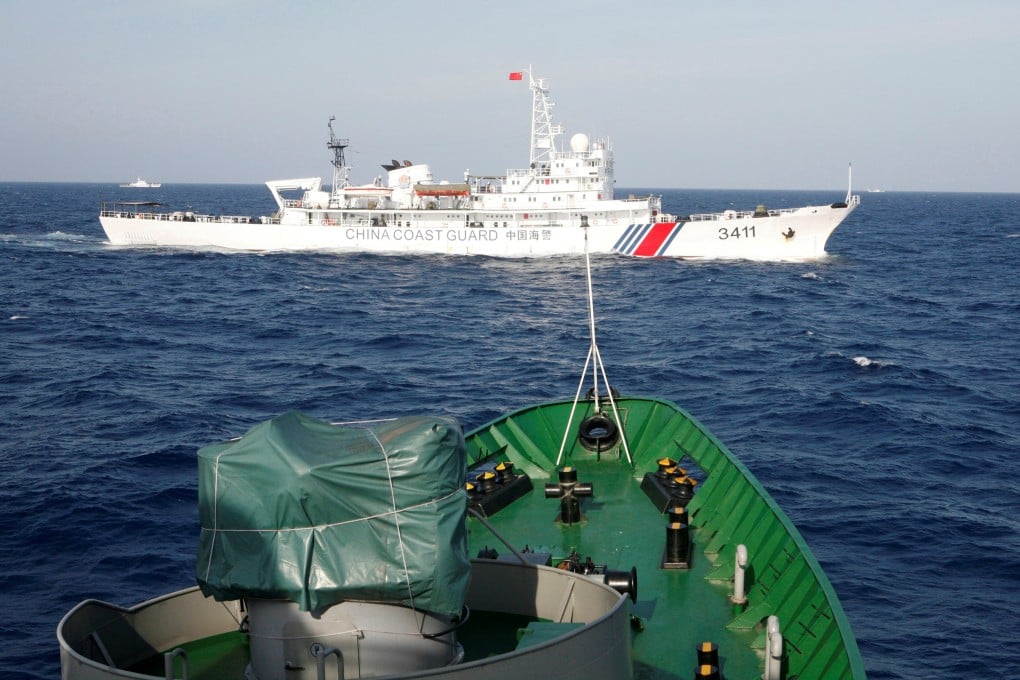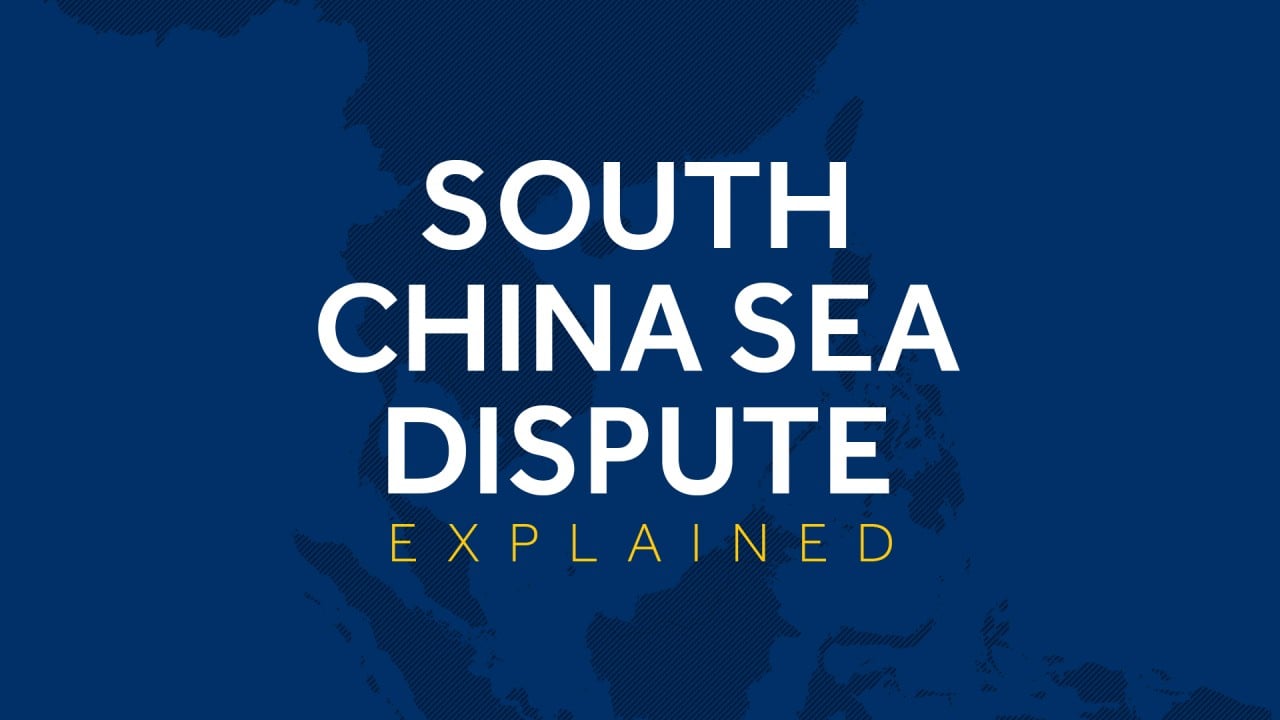Advertisement
Is Southeast Asia waking up to the need for unity in South China Sea?
- Internal conflicts among Southeast Asian countries that are party to the dispute weaken the negotiations with Beijing, analysts say
- But recent agreements to cooperate on oil exploration and maritime security in the vast sea suggest that Asean neighbours can resolve their differences
Reading Time:4 minutes
Why you can trust SCMP
60

Norman Gohin Kuala Lumpur
For years, the Southeast Asian countries that are party to the South China Sea dispute have faced criticism over their approach to advance their respective cases.
Malaysia, Vietnam, the Philippines and Brunei each contest China’s sweeping nine-dash line claim over the resource-rich waterway. Indonesia, while not a claimant, has also challenged Beijing’s efforts to fish in its waters, particularly in its economic exclusive zone off the coast of the Natuna Islands.
The five countries are part of the 10-nation Association of Southeast Asian Nations (Asean), which as a bloc is currently in talks with Beijing over a “code of conduct” in the disputed sea.
However, the contesting nations have what experts term “intramural differences” among themselves, diverting effort and resources on side rows, such as conflicts over illegal fishing – weakening the negotiations with China.
But some regional observers say plans for a maritime accord between Malaysia and Vietnam offer some optimism that the smaller nations are ready to put aside their relatively petty differences to confront Beijing’s military-backed assertions in the waters.
Mohd Zubil Mat Som, director general of the Malaysian Maritime Enforcement Agency, was quoted by local media on April 5 as saying that a memorandum of understanding between Kuala Lumpur and Hanoi would be signed this year to strengthen cooperation in maritime security.
Advertisement
